Media and Advocacy
“In decades to come we will hear horror stories of the women who put themselves through a broken system to be seen. Until then, this network sees you.”
– S
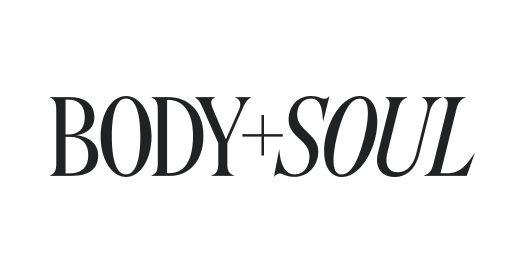
New reform puts an end to good character references in NSW courts – here’s why that matters
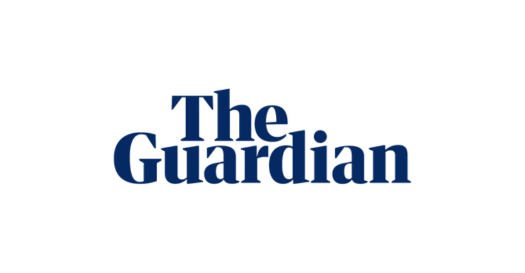
Horrific death of Kardell Lomas sparks urgent calls for new independent oversight of police

‘Nothing is fixing it’: The devastating numbers in Australia’s ‘national crisis’
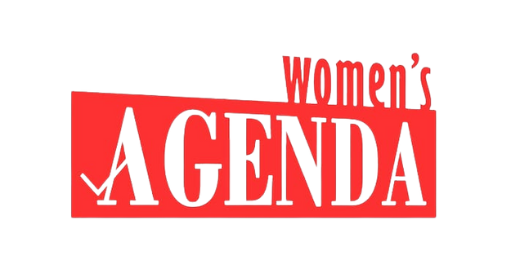
‘What no one told us’: The gendered price tag of legal illiteracy

The justice system wants victims to be silent — and legal illiteracy makes sure of it

“Sexual Violence Is A Community Problem And Requires A Community Response”

Legal literacy gap is blocking justice for sexual assault victims in Australia, report warns

‘I felt powerless’: calls to improve legal literacy for victim-survivors of sexual violence

Calls for independent legal representatives for victim-survivors of sexual violence in Australia

One woman’s battle to bring legal literacy – and justice – to survivors of sexual assault

Pod Like A Girl with Mia Findlay Podcast Episode

Justice system failing shattered sex assault survivors
Past Events
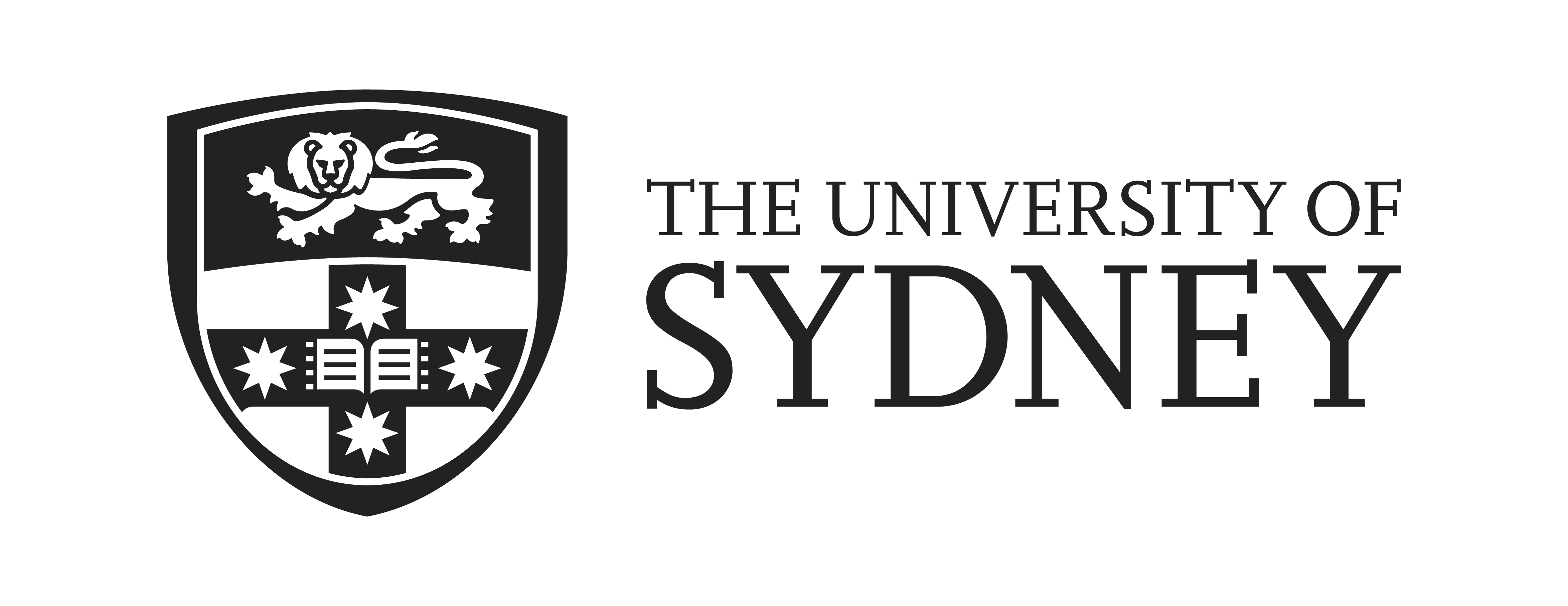
In Support of ILR
Knowing that we rely on victims to report crime and cooperate as a witness so that the state may prosecute, our treatment of victims is dramatically behind where it should be. While often positioned as solely in the interests of the victim, independent legal representation for complainants can support the state’s prosecution efforts.
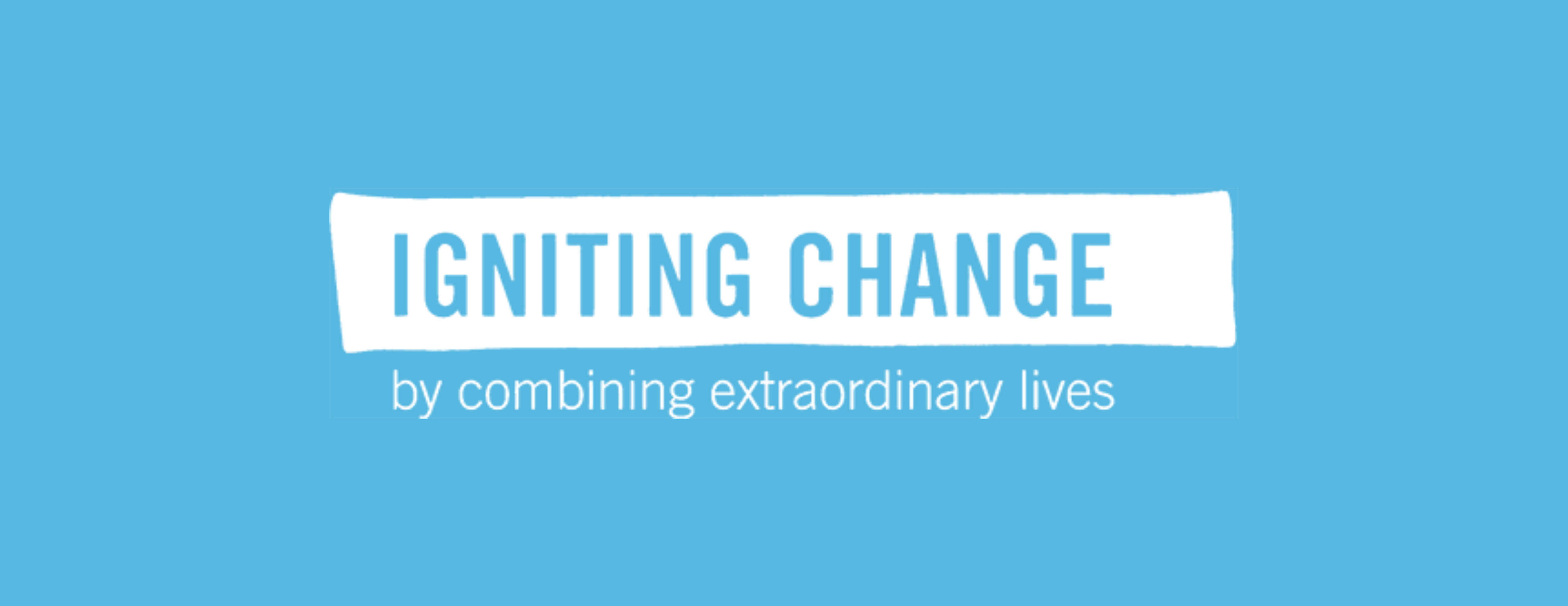
In Conversation with Igniting Change
Sexual assault disclosures have skyrocketed in Australia, yet only 10% are reported to police. Why? The police and legal systems are brutal for complainants, and failing to address sexual violence. Meet two women on a mission to change this. Jane Tewson in conversation with Sarah Rosenberg (With You We Can) and Nina Funnell (Let Her Speak).
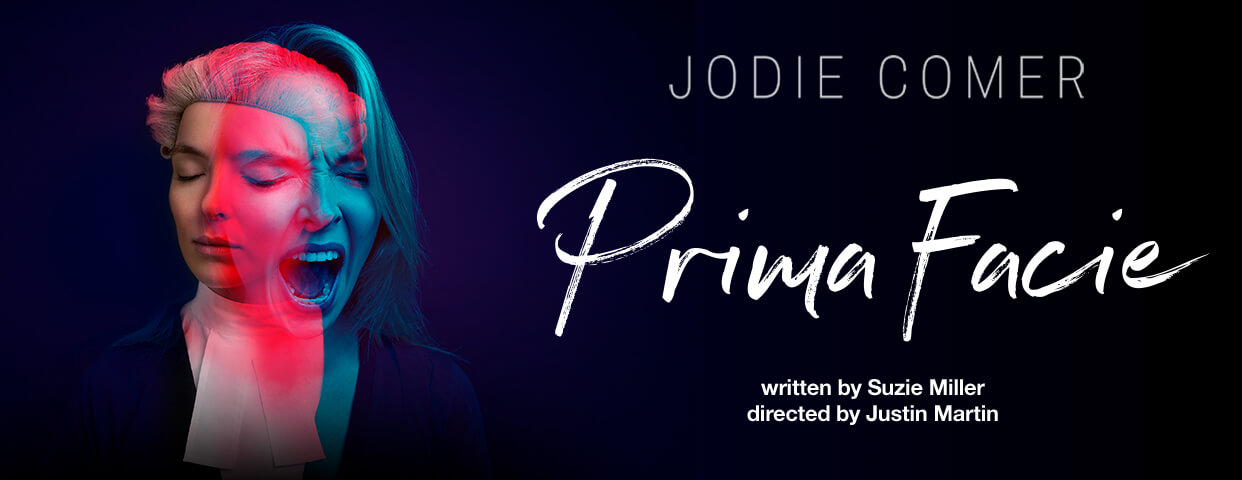
Something Has To Change
A searing indictment of a legal system that consistently fails women, ‘Prima Facie’ is a powerful tool to build understanding around our justice system. With You We Can invites criminal lawyers, advocates and services to view the performance and hear from panellists about why business as usual is not good enough.
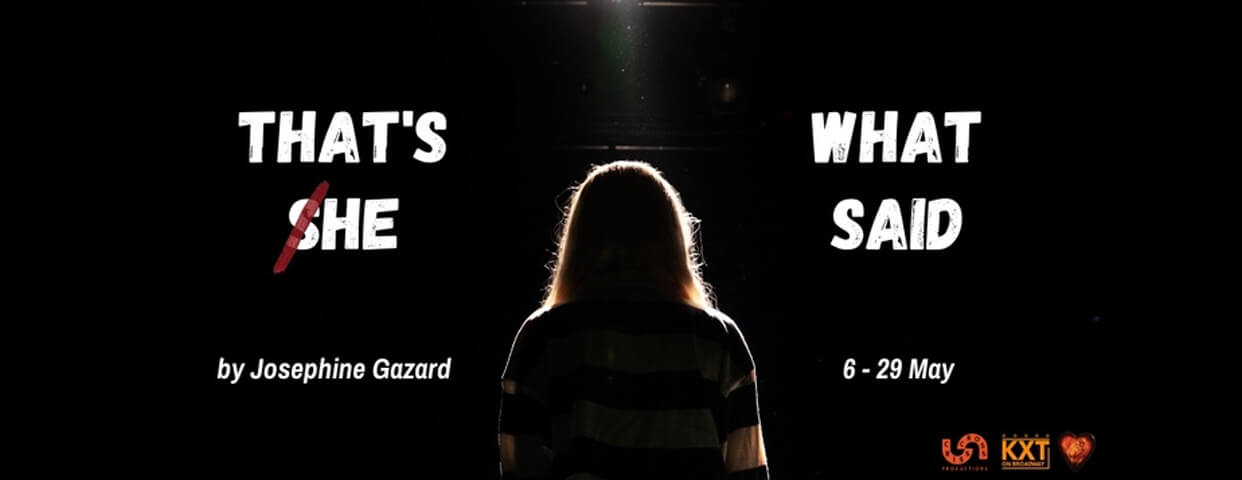
That’s What She Said
A play written in response to the ongoing problem of sexual violence on university campuses, ‘That’s What She Said’ is partnering with With You We Can to host panels following Saturday performances. Panels will tackle subjects such as consent education, the legal system, sexual assault in First Nations communities and rape on campus.